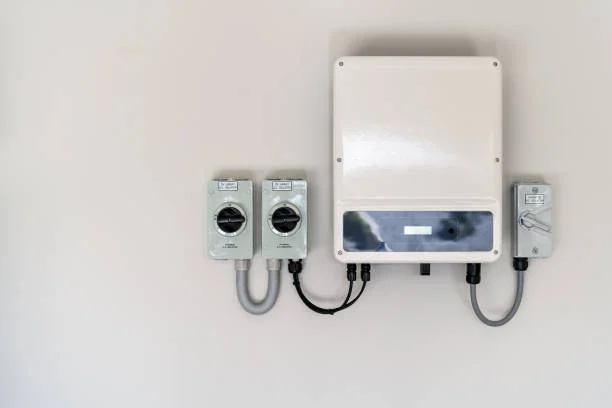Inverter Technology: The Heart of Modern Power Conversion
Inverter technology is a cornerstone of modern energy systems, facilitating efficient power conversion and storage. From renewable energy integration to smart grids, advancements in inverter efficiency, battery management systems, and energy storage solutions drive innovation and sustainability.
What Makes Inverter Technology Essential?
The Role of Inverters in Energy Conversion
- Converts direct current (DC) from solar panels or batteries into alternating current (AC) for household and industrial use.
- Ensures seamless operation in grid-connected and off-grid applications.
Why Focus on Inverter Efficiency?
- Higher efficiency minimizes energy losses during conversion.
- Reduces operational costs and improves overall system performance.
Key Components of Modern Inverter Systems
Energy Storage Inverter
- Facilitates the integration of renewable energy by storing surplus power.
- Ensures energy availability during peak demand or power outages.
- Compatible with multiple energy sources, enhancing flexibility.
Battery Management System (BMS)
- Monitors and regulates battery performance to prevent overcharging and overheating.
- Extends battery life and ensures safe operation.
- Plays a critical role in hybrid energy systems, maintaining balance between energy input and output.
Applications of Inverter Technology
- Renewable Energy Integration
- Solar and wind energy systems rely heavily on inverters for grid compatibility.
- Energy storage inverters store surplus energy for later use, reducing reliance on fossil fuels.
- Smart Grid Systems
- Enhances grid stability by balancing supply and demand in real-time.
- Inverters support distributed energy resources, enabling decentralized power generation.
- Electric Vehicles (EVs)
- Inverters manage energy flow between EV batteries and charging stations.
- Critical for fast-charging infrastructure, ensuring efficiency and safety.
Challenges and Innovations in Inverter Technology
Improving Inverter Efficiency
- Development of silicon carbide (SiC) and gallium nitride (GaN) technologies.
- Enhances performance under high temperatures and reduces energy losses.
Cost and Scalability
- Advanced inverters with integrated energy storage remain expensive for large-scale deployment.
- Innovations in manufacturing processes aim to make systems more affordable and accessible.
Integration with Smart Systems
- Requires compatibility with Internet of Things (IoT) devices for intelligent monitoring and control.
- Advances in software algorithms optimize inverter operations for different energy environments.
Future Trends in Inverter Technology
- Hybrid Inverter Systems
- Combines solar, wind, and grid power in one system.
- Tailored for residential and commercial applications, enhancing adaptability.
- AI and Machine Learning in Inverter Management
- Predicts energy demands and optimizes energy distribution.
- Reduces downtime and maintenance costs by identifying potential issues early.
- Advancements in Battery Management Systems
- Integration with next-generation batteries like solid-state and lithium-sulfur technologies.
- Boosts storage capacity and overall efficiency.

